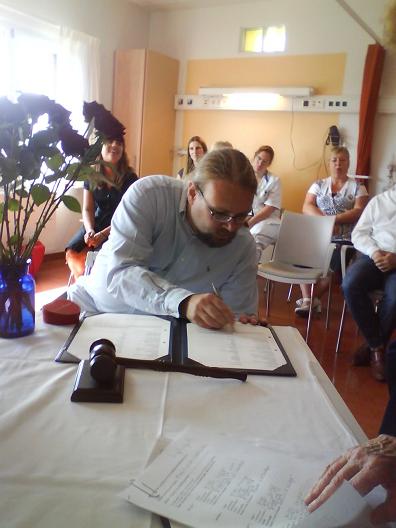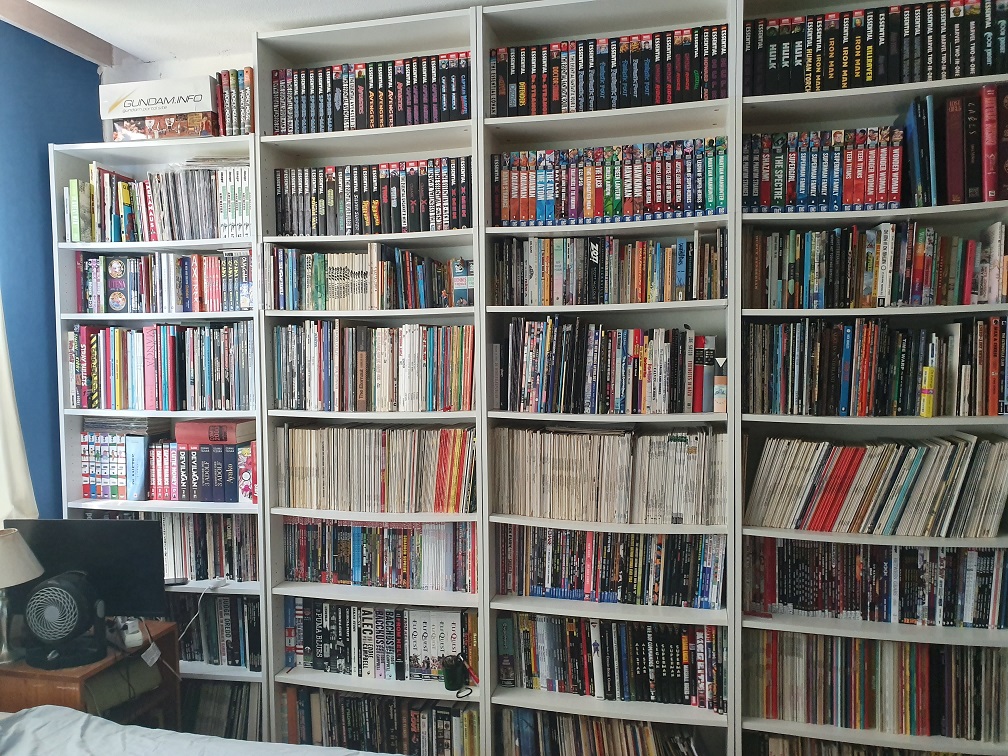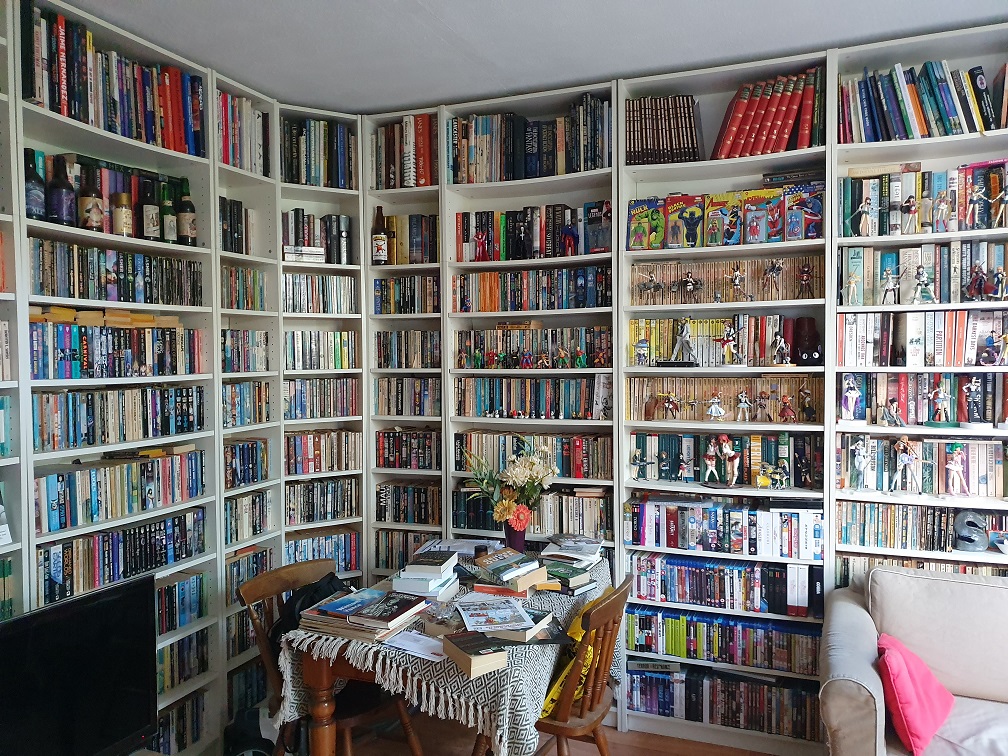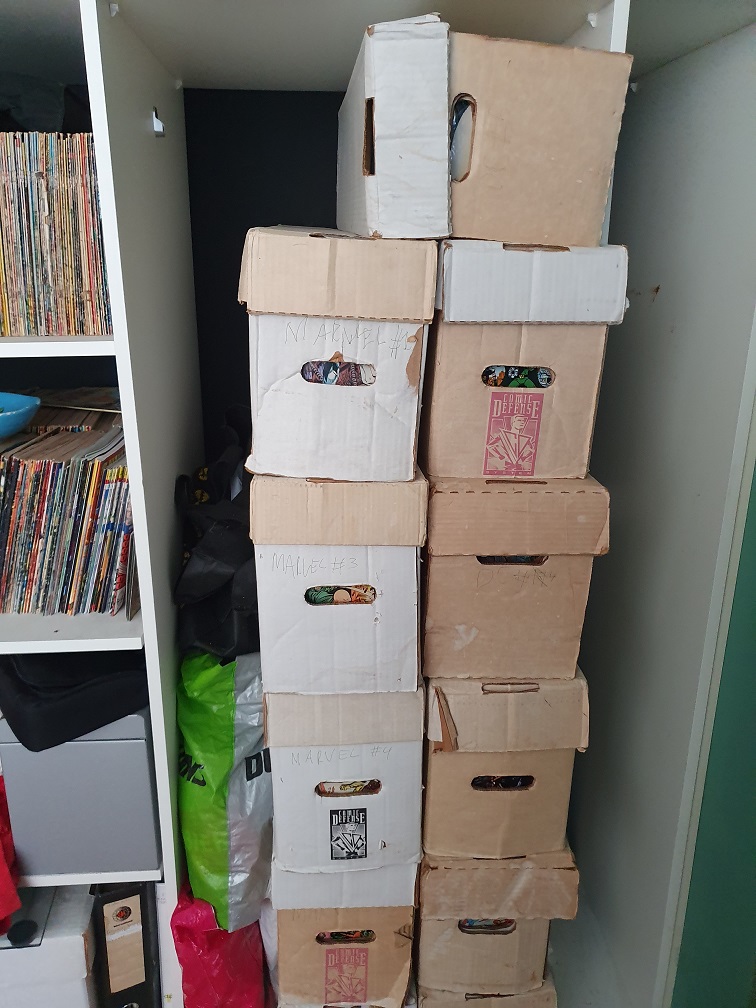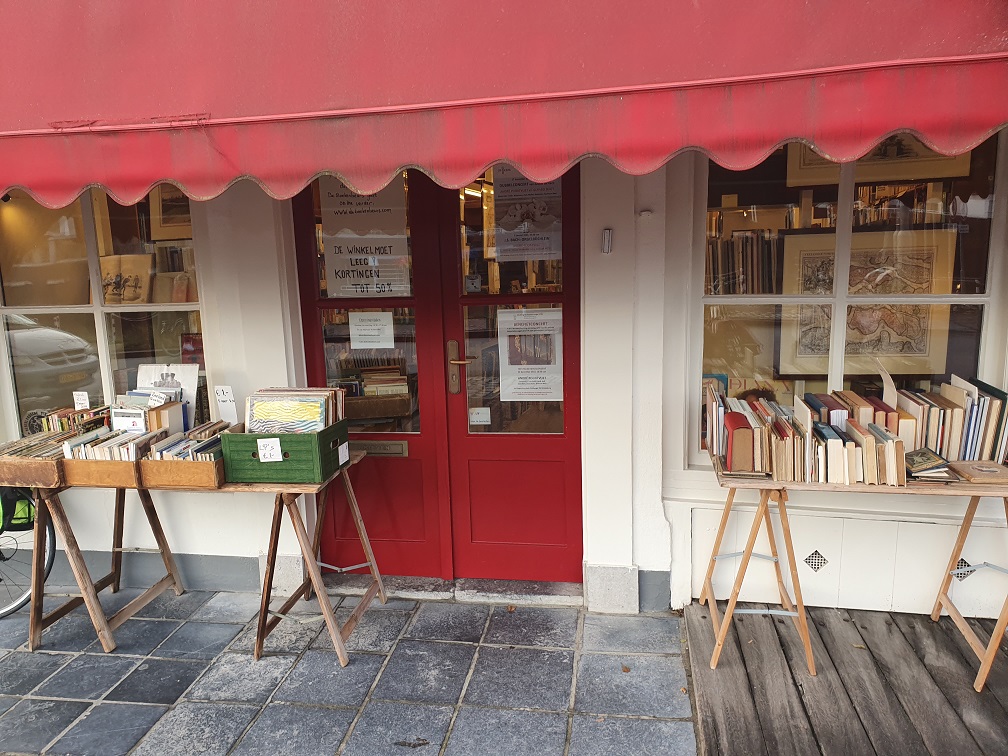Its very first post was a rather pedestrian piece on a group of Dutch right wing population reduction enthusiasts, starting a long tradition of earnest mediocrity. At that point I had already run my booklog for more than a year but that stage it had been very much just a web page rather than an actual blog. Blogs themselves had slowly evolved from out of the primordial web ooze from the late nineties and thanks to certain things happening in September of the previous year, had suddenly become the Next Big Internet Thing. Me, I still thought of Usenet as the most important part of the internet, the space where I’d made my friends and life long connections.
It’s hard to remember in this post-blogging, everybody easily shove their thoughts in your face, social media world how weird and exciting blogging was. A bit scary too. I knew how to create web pages, had had Cloggie.org since 1999, a descendant of older, long gone student web sites, but those were all just basic HTML and CSS rigs, not using scary things like PHP or Javascript to make it all fancy. WordPress, which I’m currently using, didn’t exist yet. Blogger did but only allowed you to publish on their blogger.com site, if I remember correctly. There didn’t seem to exist any sort of lightweight, standalone blogging suite that I could plug into Cloggie.org easily.
Until Charlie Stross introduced me to Blosxom, when he launched his blog. That was ideal. Free, simple, easy to understand even for a dim bulb like me. The only thing you needed to do was write a post as a text file, HTMl and all, then drop it on your website using FTP. It was simple enough to finally get me started blogging, something I’d been itching to do ever since I’d started reading blogs myself. It lasted me a year or so, then I switched to phposxom, a similar concept but somewhat of an improvement, with slightly improved features. Ultimately that too would be too limited and I finally switched over to WordPress somewhere in 2008.
This blog is so old it’s older than Eschaton: Atrios only got started in April. It’s old enough to have covered the 50th, 60th and 70th anniversary of the Watersnoodramp. Old enough to have survived multiple blogging software updates and the demise of several, once critical blogging components. Remember Haloscan comments? Technorati rankings? Google Reader? it was a year old when the War on Iraq started and indeed the buildup to that war was a major reason I started it in the first place. It has swung from being a general interest to an intensely political blog and back again several times. It’s old enough to remember when Matt Yglesias was just a hack blogger and watch in horror while people like him used blogs as a step on the way to become even hackier pundits, still wrong on everything but on a much larger scale while those who got The War on Iraq right languished.
This is not a blog that is read much, not even when it had its popular phase. Most of the links in it don’t work anymore and sometimes even I don’t know anymore what I was talking about because it. There never were that many commenters, nor a real community like some of the larger blogs could establish. Many of the comments that were made where lost when Haloscan went under, again a chunk of its history and context lost. There is no real reason for it to exist, no grift attached, nothing to promote, no real audience it is chasing.

If there is a reason for this blog to exist, it is to simply say: “I exist. This is what I find important. This happened. I matter.”
